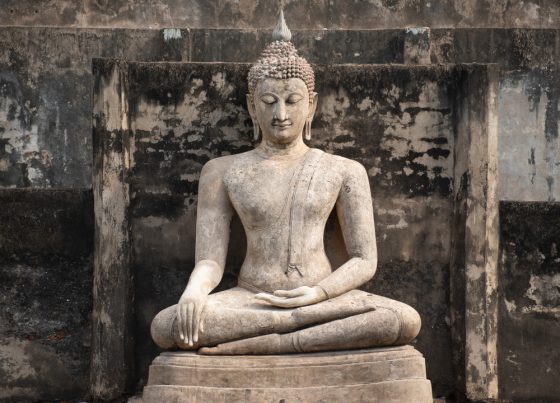Politic is part of our daily lives

What can Buddhism do to heal the wounds of the world? What did the Buddha teach that we can use to heal and elevate the human condition? One of the Buddha’s most courageous acts was to walk onto a battlefield to stop a conflict. He did not sit in his temple waiting for the oppressors to approach him. He walked right onto the battlefield to stop the conflict…
We Buddhists must find the courage to leave our temples and enter the temples of contemporary human experience, temples that are filled with suffering. If we listen to the Buddha, Christ or Gandhi, we can do nothing else. The refugee camps, the prisons, the ghettos, and the battlefield will then become our temples. We have so much work to do. ~H.H. Maha Ghosananda
Source: http://dannyfisher.org
This post has been reshared 5 times on Google+
View this post on Google+
















